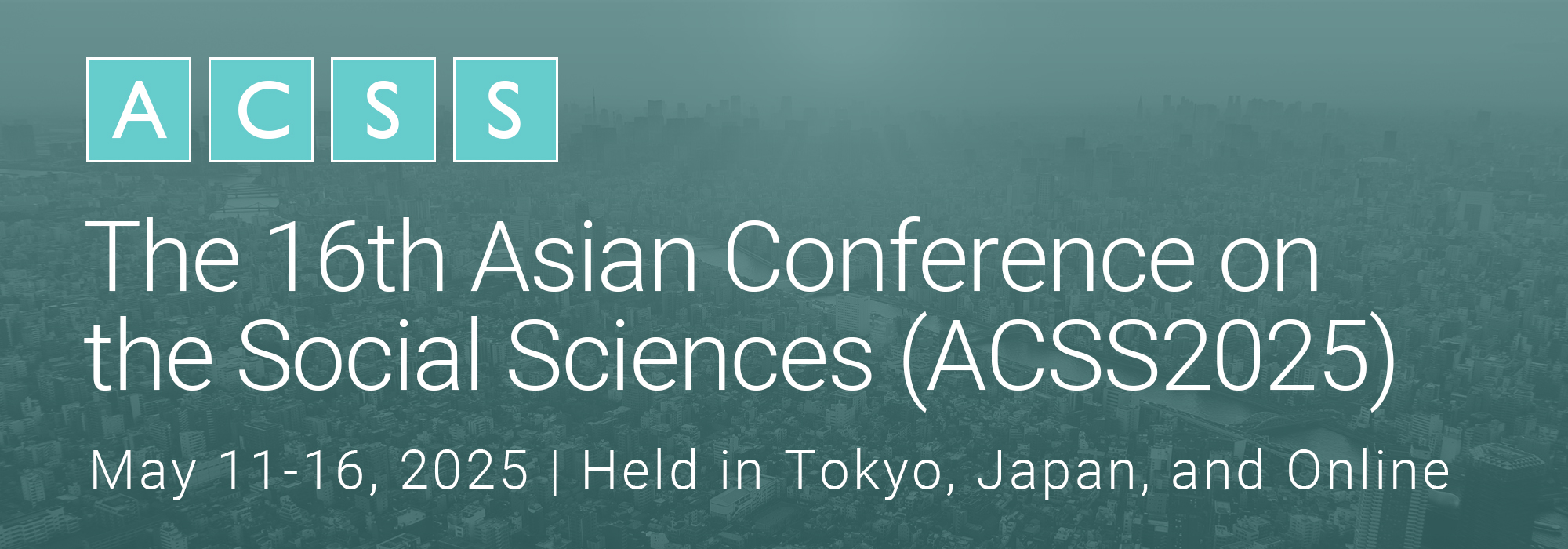The complex human and natural disaster – earthquake, tsunami and nuclear meltdown – that occurred on March 11–13, 2011, caused the evacuation of 180,000 residents of Fukushima prefecture, Japan. Today, more than 80,000 compulsory and voluntary evacuees remain outside their original communities. For some of the original 11 affected communities the evacuation order has been lifted after extensive decontamination efforts, and residents are being urged to return. Yet despite government privileging of rapid repatriation, as of January 2017 only 13% of the evacuees have returned to the five communities where evacuation orders have been lifted. Although residents are assured that health risks of repatriation are negligible, expressed concerns about health and safety issues and economic and social community sustainability, along with eroded public trust in official assurances, have contributed to few returning, especially young families. Few studies have been published examining the long-term economic, social and policy implications of the Fukushima evacuation experience and future prospects for repatriation. Drawing on interviews with compulsory and voluntary evacuees and focus group discussions with evacuees who have already returned to original communities, this paper applies a rights-based framework to discuss repatriation and engagement in re-articulation of long-fragmented communities.
Image | Fukushima Prefectural Flag

